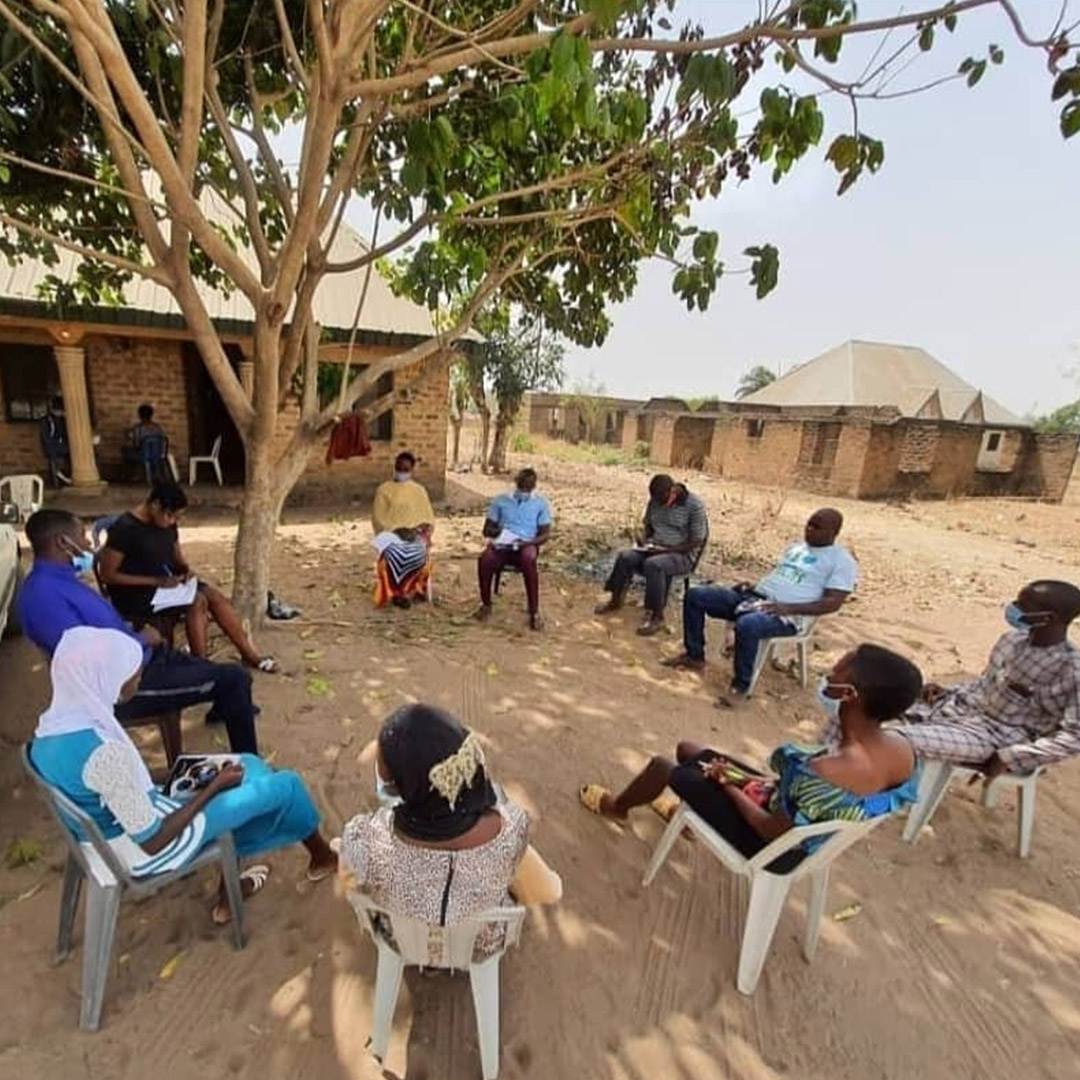In Benue State, Nigeria, the plight of internally displaced persons (IDPs) has become a pressing issue, particularly regarding the trafficking of young people. Displaced by inter-communal violence and armed attacks, many families find themselves in precarious living conditions, making their children vulnerable to exploitation.
Economic hardship is a significant factor, as extreme poverty drives young people to seek unsafe work opportunities. Traffickers exploit this desperation with false promises of jobs or education. Furthermore, the disruption of educational opportunities leaves many without the skills needed for safe employment, making them easy targets for exploitation. Social isolation also plays a role; the breakdown of community support networks leaves young people feeling disconnected and vulnerable. Gender inequality heightens risks for young women and girls, who may face trafficking for sexual exploitation, compounded by cultural norms and gender-based violence.
Traffickers operate through organized networks, using deceptive recruitment tactics and social media to lure young people with false opportunities. They may manipulate family connections, promising better prospects while intending to exploit victims.
To combat trafficking among IDPs in Benue State, a multifaceted approach is necessary. Awareness campaigns can educate communities about trafficking risks, while support services, including mental health resources and economic empowerment programs, can help reduce vulnerability. Strengthening legal frameworks to protect victims and involving local leaders in the fight against trafficking are imperative. Addressing the trafficking of young people in Benue State requires urgent action.


